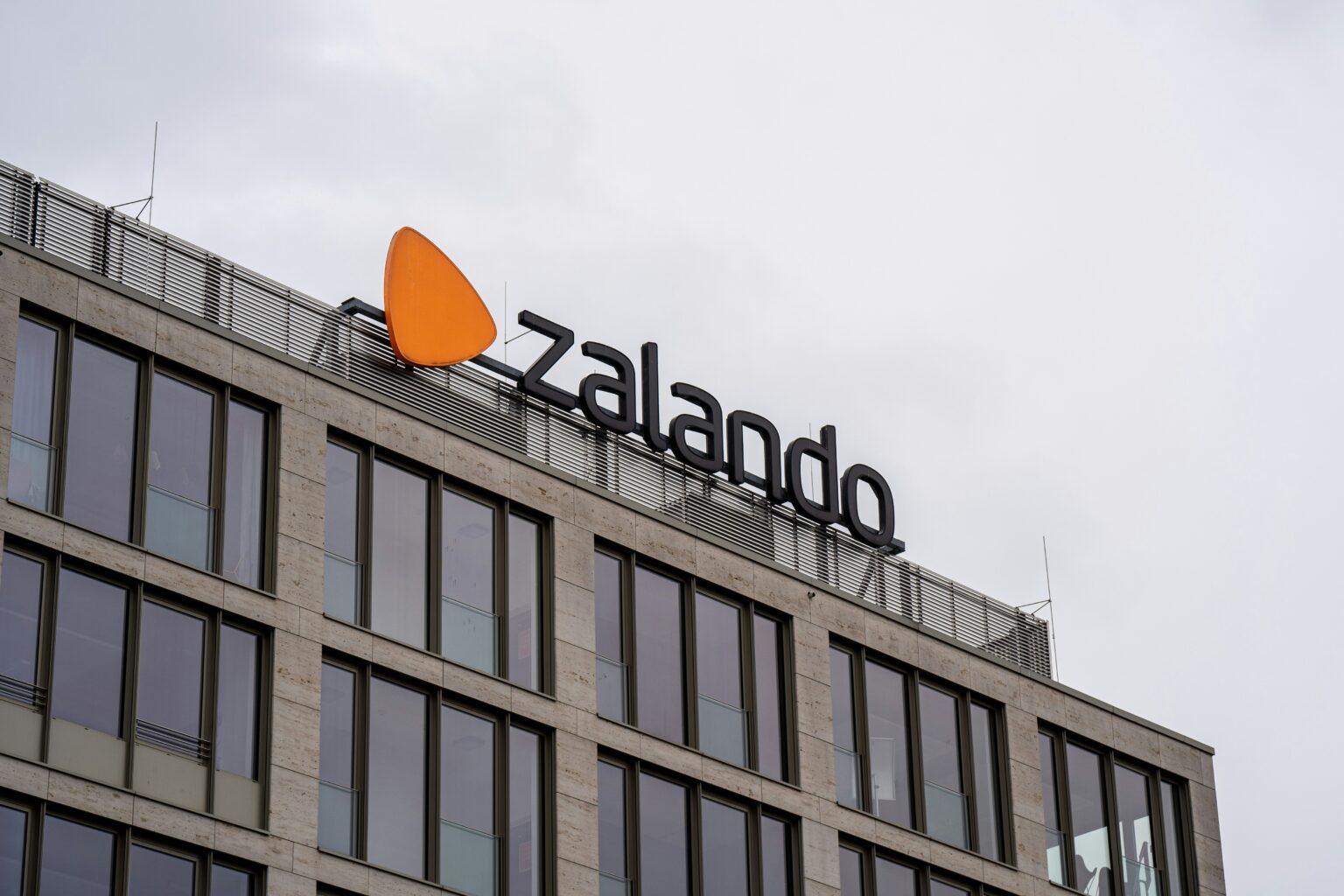Europe’s largest online fashion retailer, Zalando (ZALG.DE), has contested its classification under the European Union’s Digital Services Act (DSA).
The company argues that it should not be subjected to the same regulatory framework as Amazon and AliExpress, as its business model differs fundamentally from these large online marketplaces. This dispute, currently being heard in Europe’s General Court, highlights a broader debate on how online platforms should be categorized and regulated, Reuters reported.
The DSA, which came into effect in 2022, mandates that Very Large Online Platforms (VLOPs) take more stringent measures to address illegal and harmful content or face fines of up to 6% of their global annual revenue. The European Commission classified Zalando as a VLOP, requiring it to adhere to these enhanced regulations. However, Zalando has pushed back against this designation, arguing that its business model is distinct from that of Amazon, AliExpress, and similar e-commerce platforms.
Representing Zalando, lawyer Robert Briske emphasized to the General Court that the company operates a hybrid model that differentiates it from major online marketplaces. “Zalando is not purely an online shop, nor purely an online marketplace,” Briske stated. He further argued that the European Commission had not adequately considered these differences when applying the VLOP classification.
Zalando also disputes the Commission’s methodology for counting active users. While the Commission estimated 83 million active users, Zalando asserts that only 30.8 million visitors to its platform should be classified as active recipients of services in 2023. This discrepancy, according to Zalando, further undermines its classification as a VLOP.
The European Commission, represented by lawyer Liane Wildpanner, dismissed Zalando’s claims, asserting that its business model is comparable to that of Amazon and AliExpress, both of which operate similarly hybrid services. “The applicant is seeking to have the best of both worlds,” Wildpanner argued, implying that Zalando wishes to benefit from its large-scale online operations while avoiding the regulatory obligations imposed on VLOPs.
The case has attracted attention from various stakeholders. Germany’s e-commerce association (BEVH) has expressed support for Zalando, while the European Information Society Institute, the European Parliament, and the Council of the European Union have aligned with the Commission’s position.
The court’s ruling on this matter could have significant consequences for the e-commerce sector, particularly in defining the criteria that distinguish online marketplaces from other types of digital retail operations. A decision in favor of Zalando could set a precedent for other hybrid e-commerce platforms seeking exemptions from strict regulatory requirements.
